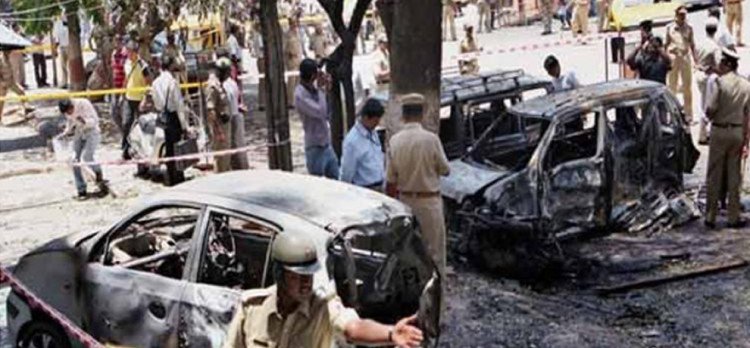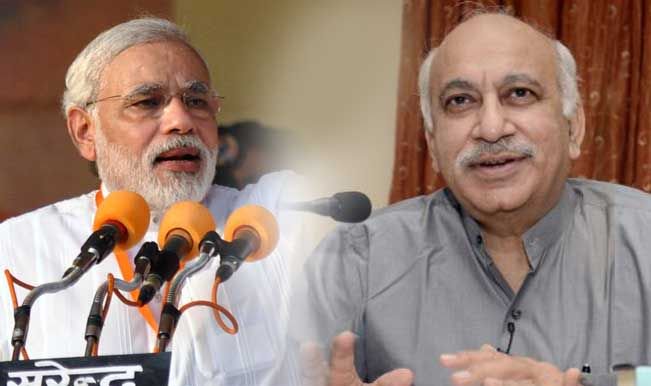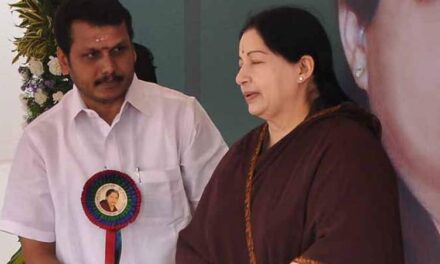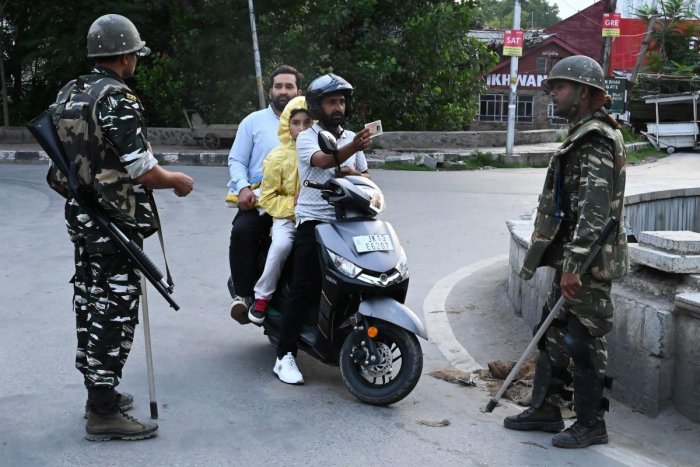Judge Vinod Padalkar, presiding over the special National Investigation Agency (NIA) court, framed charges against all the seven accused under sections of the stringent Unlawful Activities Prevention Act (UAPA) and the Indian Penal Code (IPC).
After framing of the charges, the court posted the case on November 2 for the trial to commence. The framing of charges is a process after which the trial in a criminal case starts.
The accused were charged under sections 16 (committing terrorist act) and 18 (conspiring to commit terrorist act) of the UAPA.
Under the IPC, they were charged under sections 120 (b) (criminal conspiracy), 302 (murder), 307 (attempt to murder), 324 (voluntarily causing hurt) and 153 (a) (promoting enmity between two religious groups).
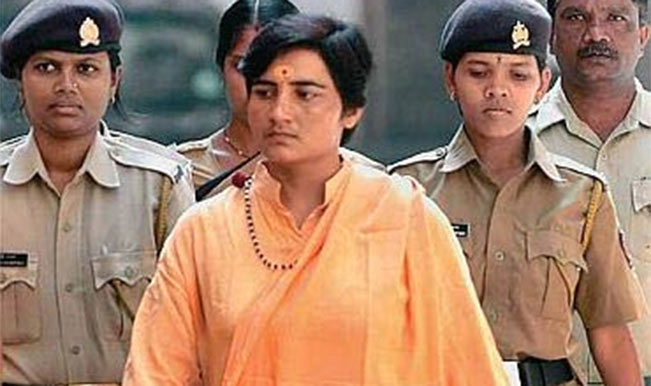
The accused were also charged under relevant sections of the Explosive Substances Act.
Apart from Purohit and Sadhvi, the accused are – Major (retired) Ramesh Upadhyay, Ajay Rahirkar, Sudhakar Dwivedi, Sudhakar Chaturvedi and Sameer Kulkarni.
The judge, while reading out the charges against the accused persons said, “The Abhinav Bharat organisation was formed with the common object to spread terrorism and a bomb with RDX was planted on a motorcycle in Malegaon that killed six persons and injured 101 others.”
“The accused persons came together to hatch a conspiracy to commit a terrorist act and procured explosives to further their conspiracy,” Padalkar said.
According to the prosecution, the accused persons had formed the right-wing group Abhinav Bharat and held meetings under this group’s name at various places in the country, where the alleged conspiracy was hatched.
All the accused were present in the court when the judge read out the charges against them. They pleaded not guilty in the case.
Purohit told the court that he never expected this and said, “No one can doubt my honesty, integrity and service record.”
Six people were killed and over 100 injured when an explosive device strapped on a motorcycle went off near a mosque in Malegaon, a town about 200 km from here in north Maharashtra, on September 29, 2008.
On December 27 last year, the special NIA court had dismissed pleas filed by Purohit, Thakur and others seeking to be discharged from the case.
The NIA, after taking over the case, had filed a charge sheet in 2016 giving a clean chit to Sadhvi and three others- Shyam Sahu, Praveen Takalki and Shivnarayan Kalsangra- saying it found no evidence against them and they should be discharged from the case.
The NIA court had, however, absolved only Sahu, Kalsangra and Takalki, and said Sadhvi will have to face charges.
At that time, the special court had dropped stringent charges under the Maharashtra Control of Organised Crime Act (MCOCA) against the accused, but had said they will face charges under the UAPA and other sections of the IPC, including murder and criminal conspiracy.
The accused had later challenged the validity of the UAPA against them.
Earlier this month, the special court had rejected their pleas challenging the applicability of the UAPA against them.
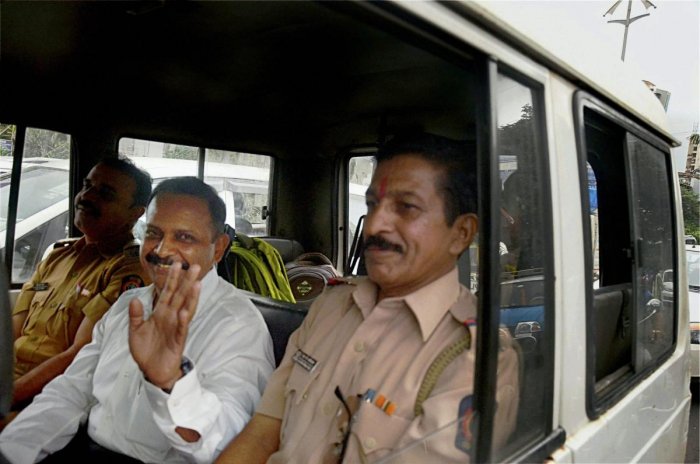
Purohit had last week approached the Bombay High Court challenging the lower court order.
He has sought form the high court to stay the framing of charges procedure till his appeal is heard and decided.
On Monday, the high court had however refused to do so and posted the petition for hearing on November 21 and sought the NIA’s response.
The high court refused Purohit’s request for staying the proceedings in the trial court, noting that in the past, both the Supreme Court and the Bombay High Court had passed orders directing the trial court to expedite the hearing in the case.
Purohit, however, had argued through his counsel Shrikant Shivade that he cannot be prosecuted in the case since the sanction granted by the government to prosecute him was “wrong in law”.
A prior government sanction for Purohit’s prosecution was required since he was a serving Army officer at the time of his arrest. The sanction was issued by the additional chief secretary of the Maharashtra home department on January 17, 2009.
Shivade claimed that under the UAPA, the state law and judiciary department, which is the sanctioning authority, has to constitute an appropriate authority and seek its report first.
In his case, the sanction was given in January 2009, but the authority was appointed only in October 2010, he has argued.
The sanction in Purohit’s case thus, was not valid under the UAPA, Shivade has maintained.

